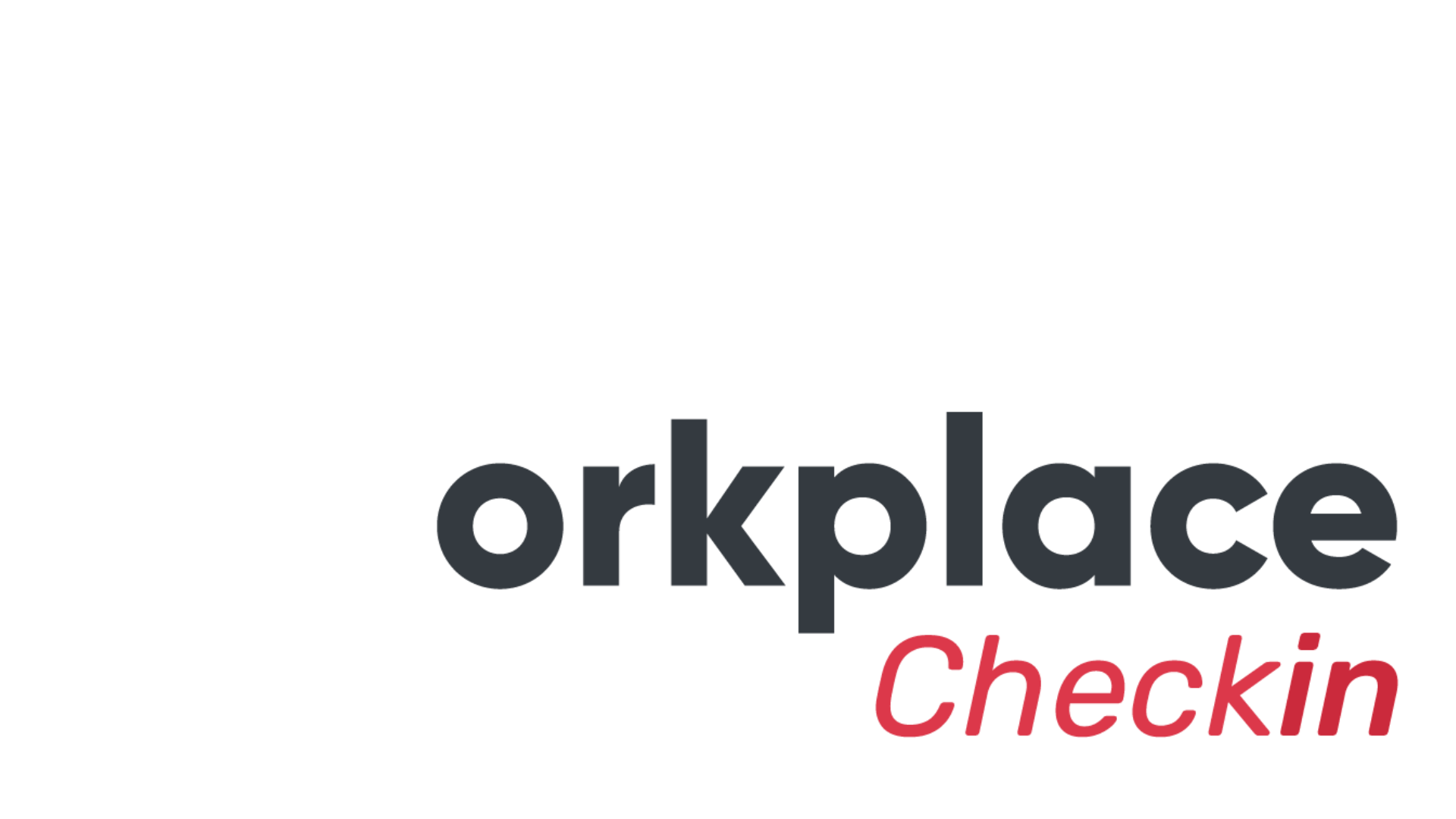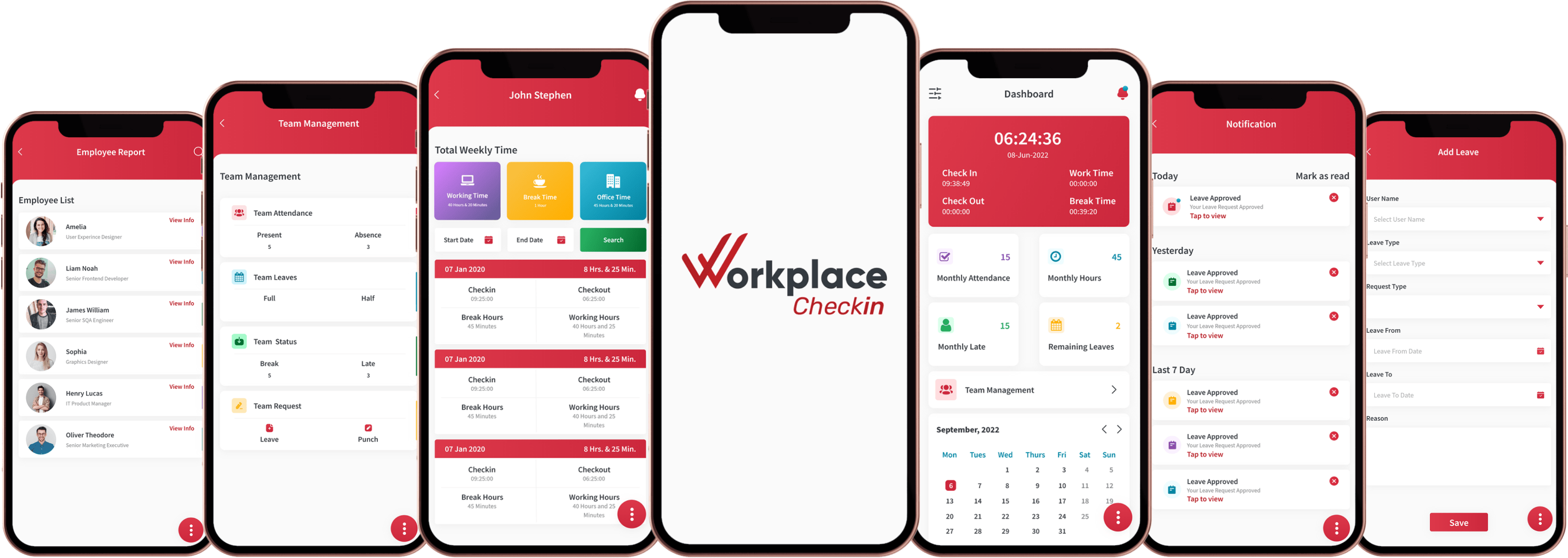

Implementing Flexible Work Policies to Boost Employee Morale
In today's rapidly evolving work landscape, the traditional 9-to-5 office setup is gradually being replaced by more flexible work arrangements. This shift isn't just a response to technological advancements or the rise of remote work; it's also a strategic move by companies to enhance employee morale and productivity. Implementing flexible work policies has emerged as a key strategy for organizations looking to create a positive work environment and retain top talent. Let's delve into why flexible work policies matter and how they can significantly boost employee morale.

Understanding Flexible Work Policies
Flexible work policies encompass a variety of arrangements that allow employees to have more control over when, where, and how they work. These policies may include options such as:
Remote Work: Allowing employees to work from locations other than the office, whether it's from home, a co-working space, or while traveling.
Flextime: Giving employees the freedom to choose their own work hours within certain parameters, rather than adhering strictly to a set schedule.
Compressed Workweeks: Allowing employees to work longer hours on some days to compress their workweek into fewer days, thereby providing additional days off.
Job Sharing: Allowing two or more employees to share responsibilities for a single full-time position, dividing the workload between them.
Understanding flexible work policies is crucial for both employers and employees as it lays the foundation for creating a productive and accommodating work environment. Let's delve deeper into this aspect:
Tailoring Policies to Fit Diverse Needs
Flexibility in the workplace isn't a one-size-fits-all solution. It's essential for organizations to recognize that different employees have varying needs and preferences when it comes to how, when, and where they work. For example:
Working Parents: Parents may require flexibility to accommodate childcare responsibilities, school schedules, or doctor appointments.
Remote Workers: Some employees may prefer to work remotely to eliminate commute time, reduce distractions, or simply enjoy the comfort of their home office.
Night Owls and Early Birds: Individuals have different peak productivity times. Allowing flexibility in work hours enables employees to capitalize on their most productive periods, whether it's early in the morning or late at night.
Health Concerns: Employees with health conditions or disabilities may benefit from flexible work arrangements that accommodate their needs, such as ergonomic workstations or modified schedules.

Addressing Legal and Regulatory Considerations
Employers must also navigate legal and regulatory frameworks when implementing flexible work policies. Depending on the jurisdiction and industry, there may be specific laws governing issues such as overtime pay, meal and rest breaks, and workplace safety for remote workers. It's essential for organizations to ensure compliance with relevant labor laws and regulations to avoid legal liabilities and maintain a fair and equitable work environment.
Managing Performance and Accountability
One common concern with flexible work arrangements is how to ensure that employees remain productive and accountable outside of the traditional office setting. Employers can address this by establishing clear performance metrics, communication protocols, and expectations for remote work. Regular check-ins, progress updates, and goal-setting sessions can help keep employees on track and aligned with organizational objectives. Additionally, leveraging technology tools such as time-tracking software, project management platforms, and virtual collaboration tools can provide visibility into employee activities and facilitate seamless communication and collaboration.
Promoting Inclusivity and Diversity
Flexible work policies can also play a crucial role in promoting inclusivity and diversity within the workforce. By accommodating diverse needs and preferences, organizations can create a more inclusive work environment where employees feel valued, respected, and empowered to bring their whole selves to work. Flexible work arrangements can also help break down barriers to entry for individuals with caregiving responsibilities, disabilities, or other life circumstances that may hinder their ability to work in a traditional office setting.
Benefits of Flexible Work Policies
Implementing flexible work policies can yield numerous benefits for both employees and employers:
1. Improved Work-Life Balance:
Flexible work policies empower employees to better manage their personal and professional responsibilities, leading to a healthier work-life balance. By offering options such as remote work, flextime, or compressed workweeks, employees can allocate time more efficiently, reducing stress and burnout.
2. Increased Productivity:
Contrary to conventional wisdom, flexibility often correlates with heightened productivity. When employees have the autonomy to choose when and where they work, they can optimize their schedules to align with their peak productivity hours and personal preferences. This can result in more focused, efficient work and fewer distractions compared to traditional office settings.
3. Enhanced Employee Morale:
Flexibility signals trust and respect from employers, fostering a positive work culture that boosts morale. Employees feel valued when their employers prioritize their well-being and offer options that accommodate their individual needs. This sense of appreciation translates into higher job satisfaction and stronger loyalty to the organization.
4. Improved Talent Attraction and Retention:
In today's competitive job market, flexible work arrangements are increasingly viewed as essential perks. Companies that offer flexibility gain a competitive edge in attracting top talent, especially among younger generations who prioritize work-life balance and flexibility. Moreover, once onboarded, employees are more likely to stay with organizations that offer flexible work options, reducing turnover costs.
5. Cost Savings:
Flexible work policies can yield significant cost savings for employers. By embracing remote work, companies can reduce expenses associated with office space, utilities, and overhead costs. Additionally, flexible arrangements may lead to lower absenteeism rates and decreased turnover, resulting in savings on recruitment, training, and onboarding expenses.
6. Environmental Benefits:
Remote work and flexible schedules contribute to reduced commuting, leading to lower carbon emissions and environmental impact. By minimizing the need for daily commutes, companies can play a role in mitigating traffic congestion and air pollution while promoting sustainability initiatives.
7. Increased Diversity and Inclusion:
Flexible work policies promote diversity and inclusion by accommodating employees with diverse needs and circumstances. For example, caregivers, individuals with disabilities, or those living in remote areas may face barriers to traditional office work. Flexible arrangements enable these individuals to participate fully in the workforce, fostering a more diverse and inclusive workplace culture.
8. Adaptability and Resilience:
Flexible work arrangements enhance organizational adaptability and resilience, particularly in times of crisis or uncertainty. Events such as natural disasters, pandemics, or economic downturns can disrupt traditional work arrangements. Companies with flexible policies are better equipped to pivot quickly and maintain business continuity, whether by transitioning to remote work or adjusting schedules to accommodate changing circumstances.

Implementing Flexible Work Policies Effectively
While the benefits of flexible work policies are clear, successfully implementing them requires careful planning and consideration. Here are some key steps for organizations to follow:
1. Assess Organizational Needs:
Before implementing flexible work policies, it's essential to understand the specific needs and preferences of your workforce. Conduct surveys, interviews, or focus groups to gather feedback from employees regarding their desired flexibility options. Consider factors such as job roles, departmental requirements, and business objectives when determining which flexible work arrangements are feasible and beneficial for your organization.
2. Develop Comprehensive Policies:
Establish clear and comprehensive policies outlining the parameters, guidelines, and expectations for flexible work arrangements. Define eligibility criteria, such as tenure, performance metrics, or job roles that qualify for flexibility. Specify how employees should request and arrange flexible work arrangements, as well as the process for evaluating and approving requests. Ensure that policies are communicated effectively to all employees and are easily accessible through employee handbooks, intranet portals, or other communication channels.
3. Provide Necessary Resources:
Equip employees with the tools, technology, and support they need to succeed in flexible work arrangements. Invest in secure communication platforms, collaboration tools, and productivity software to facilitate remote work and virtual collaboration. Provide training and resources on best practices for remote work, time management, and maintaining work-life balance. Additionally, ensure that employees have access to ergonomic equipment, IT support, and resources to create a conducive work environment at home or in alternative work locations.
4. Establish Communication Protocols:
Effective communication is critical for successful implementation of flexible work policies. Establish clear communication protocols to keep employees informed, connected, and aligned with organizational goals. Schedule regular check-ins, team meetings, and virtual collaboration sessions to maintain open lines of communication and facilitate collaboration among remote and in-office team members. Encourage managers to proactively communicate expectations, provide feedback, and offer support to employees navigating flexible work arrangements.
5. Foster a Culture of Trust and Accountability:
Build a culture of trust and accountability that empowers employees to take ownership of their work and deliver results regardless of their location or schedule. Encourage managers to focus on outcomes rather than hours worked and to evaluate performance based on results and productivity. Provide opportunities for employees to showcase their contributions and achievements, regardless of their work arrangements. By fostering a culture of trust and accountability, organizations can ensure that flexible work policies are implemented effectively and contribute to overall success.
6. Evaluate and Adjust:
Continuously monitor the effectiveness of flexible work policies and solicit feedback from employees to identify areas for improvement. Analyze key metrics such as employee satisfaction, productivity, retention rates, and business outcomes to assess the impact of flexible work arrangements. Be willing to adjust policies and procedures based on evolving needs, changing circumstances, or lessons learned from implementation. Solicit input from employees, managers, and stakeholders to ensure that flexible work policies remain aligned with organizational goals and priorities.
Conclusion
In today's dynamic work environment, implementing flexible work policies isn't just a perk—it's a strategic imperative for organizations looking to attract and retain top talent, enhance productivity, and foster a positive company culture. By prioritizing the well-being and individual needs of their employees, companies can create a more resilient and adaptive workforce that thrives in the face of change. As we continue to embrace the future of work, flexible work policies will play an increasingly pivotal role in shaping the way we work and live.






